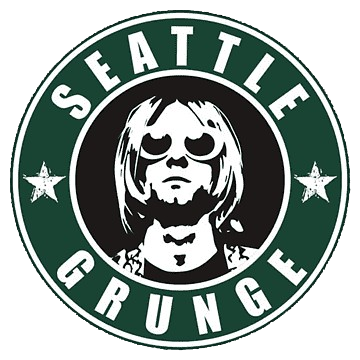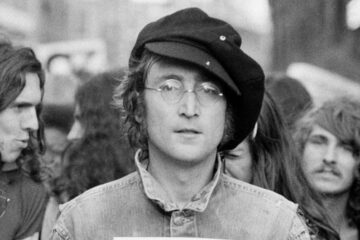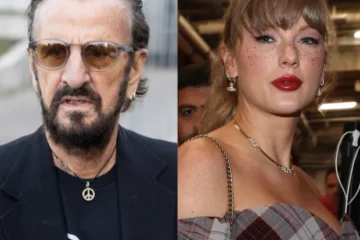John Lennon voicing his fervent displeasure about one of his band’s old songs wasn’t anything new. Throughout the 1970s, nothing gave Lennon more pure joy than sitting down with an interviewer and waxing poetic about how The Beatles weren’t actually any good in the first place and that he, Paul Mccartney, George Harrison, and Ringo Starr had all seemingly gotten away with the biggest prank in music history.
It wasn’t a widespread bashing, but give him enough time to talk and Lennon could find problems with just about any song in The Beatles’ storied discography. In fact, one could draw up a fairly enjoyable playlist from the tracks he deemed to be below the par for the Fab Four.
While it may have seemed like a scattergun approach, Lennon usually focused his issues with the numbers that didn’t feel authentic to him as an artist. As such, those cutting remarks were usually reserved for the songs that they wrote. It’s one thing to call ‘Good Morning Good Morning’ “garbage” or to label Abbey Road as “junk”, but it was another thing to disparage somebody else’s work.
The band weren’t always the songsmiths they would later become and, like any group of the day, spent many of their formative years covering the songs of rock and roll icons. He and the rest of the group held those figures in high esteem and would frequently lavish Chuck Berry and Buddy Holly with huge praise. That’s why when Lennon took aim at one of The Beatles’ most famous performances on record, he once again turn the criticism inward.
One of the major inspirations for The Beatles, especially during the early-to-mid-phase of their career, was American R&B. Paul McCartney took strong influence from Motown bassist James Jamerson, George Harrison originally wanted to record Revolver at Stax Records’ Memphis studio, and the band themselves incorporated a number of soul, R&B, and early rock and roll covers into their repertoire over the years. Names like Little Richard, Arthur Alexander, Smokey Robinson, and Larry Williams all filled out the songwriting credits of the band’s records, and according to Lennon, those weren’t just flukes.

“The more interesting songs to me were the Black ones because they were more simple,” Lennon told Rolling Stone in 1971. “They sort of said ‘shake-your-arse, or your prick’, which was an innovation really. The Blacks were singing directly and immediately about their pain, and also about sex, which is why I like it”.
It should be no surprise, then, that an early hit for the Isley Brothers eventually made its way into the band’s live set in the shape of ‘Twist and Shout’. Lennon took the throat-shredding lead, and the number was so popular that the band made it their final recording during the sessions for Please Please Me. Lennon’s illness that day meant that they only got one take down on the tape, and the raw energy captured presented one of the most exciting new bands of the time at their most electric.
However, once The Beatles began performing with some of their heroes, Lennon started to become self-conscious about playing it. “I always hate singing the song, ‘Twist And Shout’ when there’s a coloured artist on the bill with us,” Lennon said in 1963. “It doesn’t seem right, you know. I feel sort of embarrassed… It makes me curl up. I always feel they could do the song much better than me”.
With all due respect, it doesn’t seem likely that anyone, not even the Isley Brothers themselves, would turn their nose up at how much passion and grit Lennon put into his ‘Twist and Shout’ performances. While it might have left the Beatle feeling a little red in the face, his performance is hard to argue with.
Lennon might have been doing a white man’s version of the song, but he brought the necessary amount of grit and spark to make the song come alive, just as the Isley’s had done a few years before him. ‘Twist and Shout’ is such a good song that there’s room for just about anyone to give it a go, just as long as they do it right.




